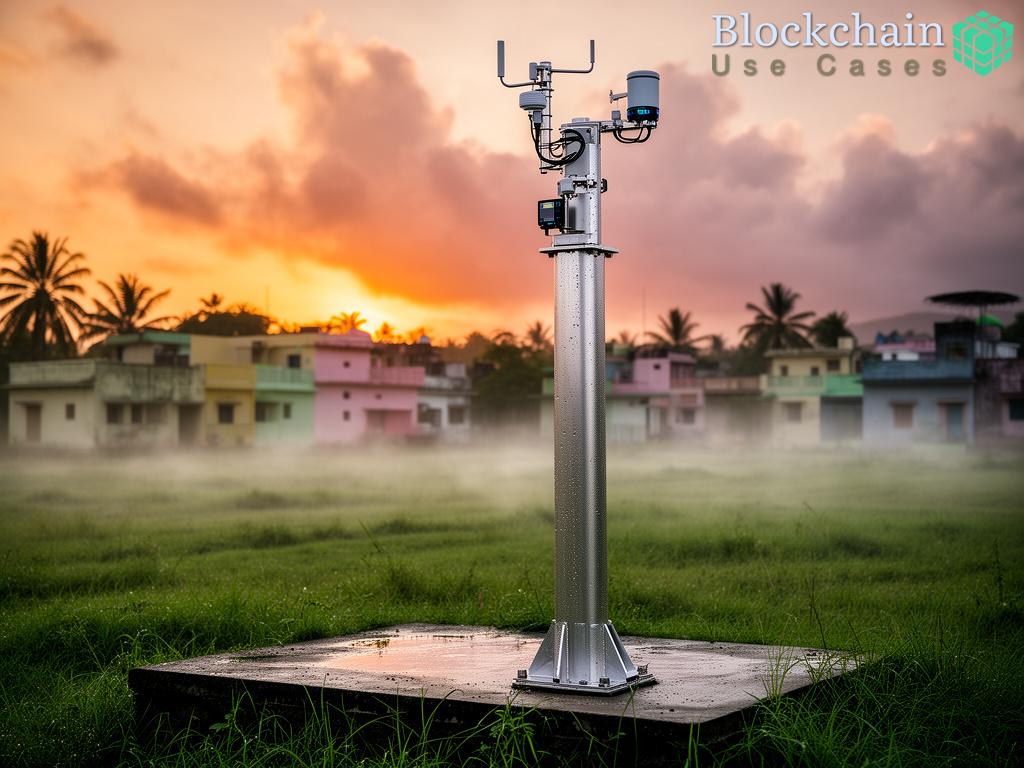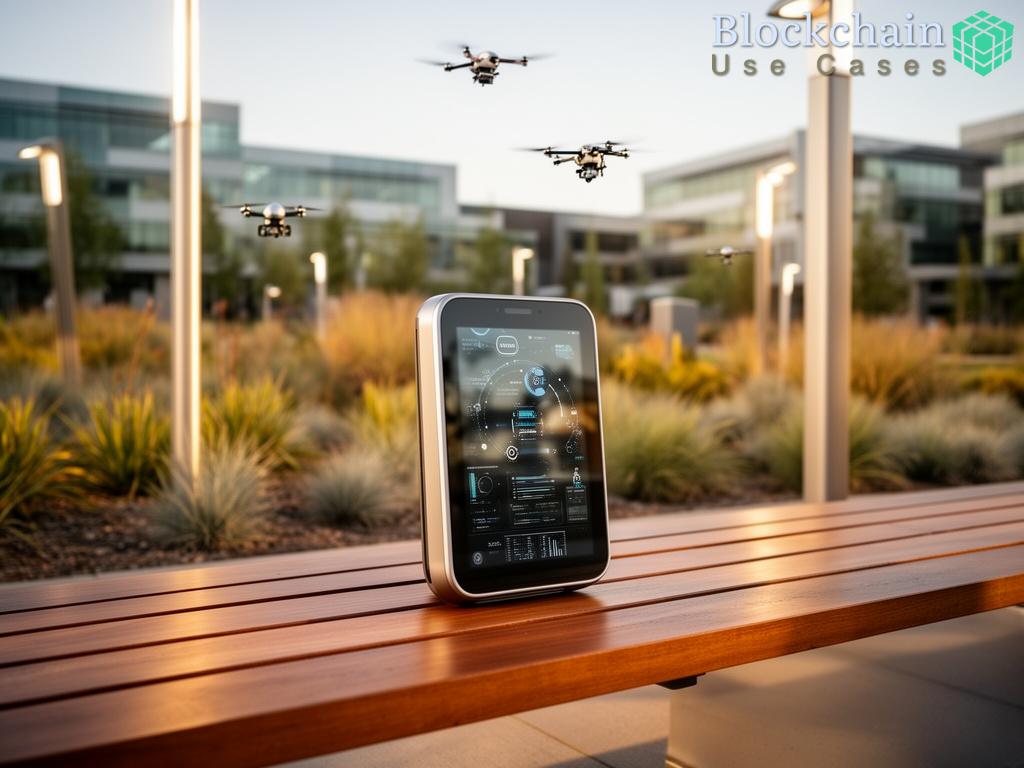The Evolution of IoT Interoperability

In the rapidly advancing landscape of the Internet of Things (IoT), the challenge of interoperability among diverse devices has become paramount. Traditional centralized frameworks often stifle innovation, leading to fragmentation and inefficiencies. Enter decentralized platforms—an innovative approach that promises to revolutionize how IoT devices communicate, ensuring seamless integration and compliance with standardized protocols.
Empowering Devices Through Decentralization
Decentralized platforms operate on the principle of distributed networks, eliminating the need for a central authority. This empowers devices to interact directly, promoting not only interoperability but also enhancing security and privacy. By utilizing technologies such as blockchain, these platforms create a transparent and tamper-proof environment where devices can share data and functionalities without the risk of centralized failures.
Here’s a look at some key benefits of decentralized platforms for IoT:
- Improved Compatibility: Devices from different manufacturers can communicate effectively, leading to a more cohesive IoT ecosystem.
- Enhanced Security: With no single point of failure, decentralized systems are inherently more resistant to cyberattacks.
- Data Ownership: Users maintain control over their data, ensuring privacy and compliance with regulations.
- Scalability: These platforms can easily accommodate new devices, fostering innovation without the constraints of legacy systems.
Future Trends and Challenges
As we look towards the future, the adoption of decentralized platforms is expected to accelerate, driven by the increasing demand for interoperability and standard compliance. However, challenges remain, including the need for universally accepted standards and protocols. Collaboration among industry stakeholders will be crucial in shaping a robust framework that not only addresses these challenges but also paves the way for a truly interconnected world of IoT.





